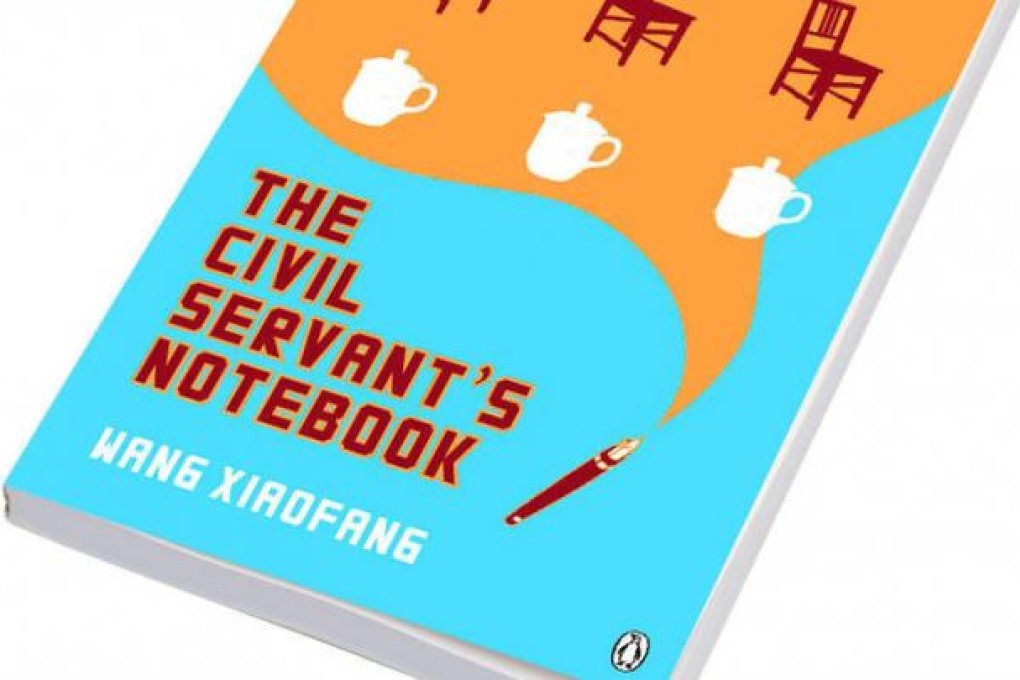
Wang Xiaofang worked in the Chinese civil service for many years, finally reaching the position of private secretary to a provincial deputy mayor. This was before the man he served, Ma Xiangdong, was sentenced to death for gambling away US$3.6 million of public funds in Macau's casinos in 2001. Wang later turned to writing novels about politics and corruption in China, authoring many best-sellers, including The Civil Servant's Notebook , his first book translated into English and recently published by Penguin. He talks to
It depicts Peng Guoliang, the vice-mayor of Dongzhou city, as he is exposed and punished in the process of trying to frame his main rival, the vice-governor of the province, Liu Yihe, in a scramble for power and influence. The novel tries to grasp the nature of our age. It reveals the crisis hidden deep in people's hearts. It focuses on how the power struggle influences those all around, especially the lives of five civil servants who work in the Dongzhou municipal government.
I once worked as private secretary to a deputy mayor, and that is why I know all the details of a regular day as an official. I also witnessed astonishing corruption cases, in which officials I knew were punished by party discipline and state law. But the trauma I suffered from those experiences might be the most precious treasure of my life. These proved to be rich material for my literary creations. That said, the essence of a novel is fiction, and fiction requires writers to use their imagination and creativity based on real-life experiences.